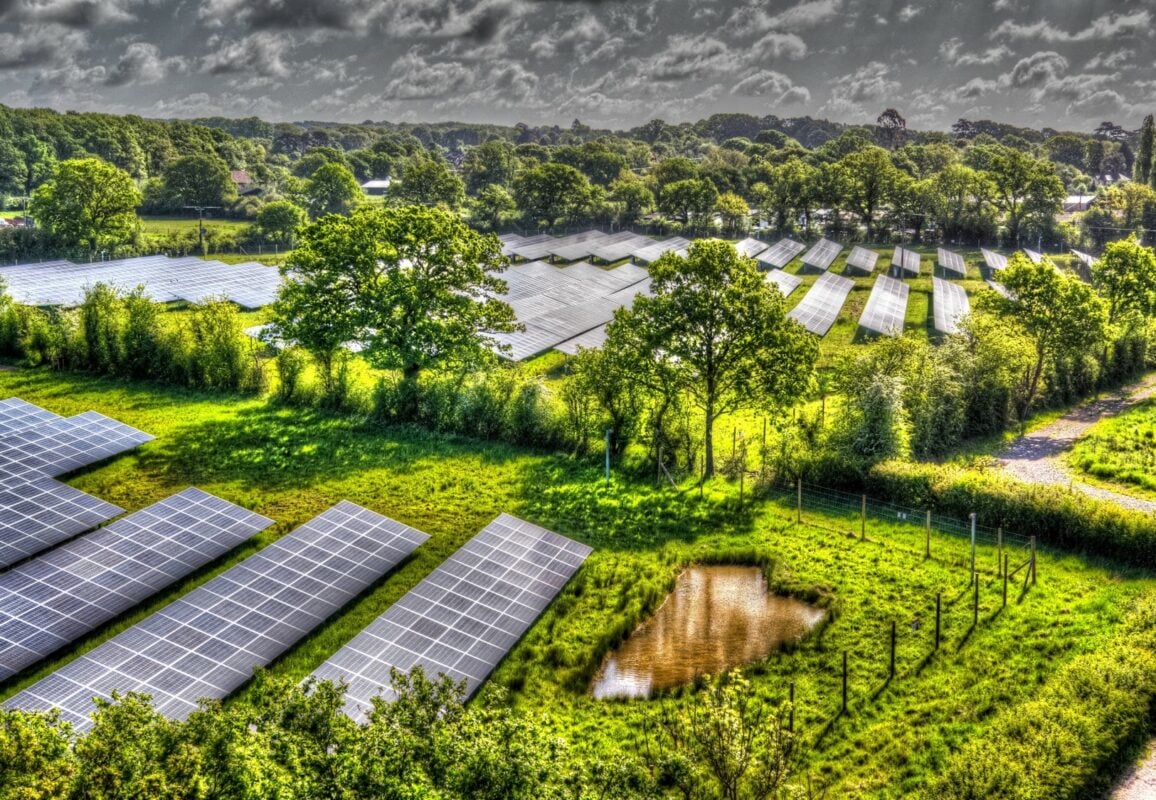
Image: NESF.
NextEnergy Solar Fund (NESF) has continued to report what it describes as “strong operational resilience” throughout the COVID-19 pandemic in its update for the quarter ending 31 December 2020.
NESF recorded a boost in electricity generation from its assets, at 8.1% above budget year-to-date. This generated c.£5.1 million in additional revenue, with irradiation levels exceeding expectations by 7.3%.
The solar investor highlighted how it now has 763MWp installed across 91 operating solar assets, with 8.5MWp added to its subsidy-free portfolio. Michael Bonte-Friedheim, CEO and founding partner of NextEnergy Capital, said: “The successful active management of NESF’s assets in the year was clear as the group enjoyed above-budget electricity generation, good asset management alpha from our portfolio management, and a significant cash benefit from our power price contract fixes.”
NESF saw an asset management alpha of 0.8% year-to-date, with this attributable to the added value of active management and operation of the portfolio by the investment manager and asset manager, it said. It also generated an additional revenue of c.£7 million from its power price strategy.
NESF also confirmed it is “on track” to reach its subsidy-free target of 150MWp through its project pipeline during the 2021/22 financial year. The company pointed to its three operational subsidy-free solar projects, stating it “continues to lead the UK solar industry’s transition from a subsidy-based regime to one that provides clean electricity at market competitive terms without the need for support from consumers or regulators”.
The solar investor also provided a NAV update, which increased to 100.7p per ordinary share, with ordinary shareholders' NAV increasing to £591 million. This was primarily driven by a 0.25% reduction in the unlevered discount rate to 6.0% for UK operating assets, it said, while changes in its power price forecasts had a minimal effect on NAV due to the power price hedges implemented and the short-term rise in power prices being offset by both lower medium to long-term price forecasts as provided by the company’s independent consultants.
This is a change compared to previous results, with NESF stating in its half year results to 30 September 2020 that it was facing “a challenging power price environment” due to the second wave of COVID-19, and in its full year results to 31 March 2020 outlining how its NAV was “materially impacted” by falling power prices alongside other factors.
Kevin Lyon, NextEnergy Solar Fund chairman, said that it has been an “extremely challenging period for all” but that NESF has entered the final quarter of the financial year “in a very strong position, having secured attractive prices for the totality of expected generation this current financial year, plus a significant portion of expected generation for 2021/22”.

